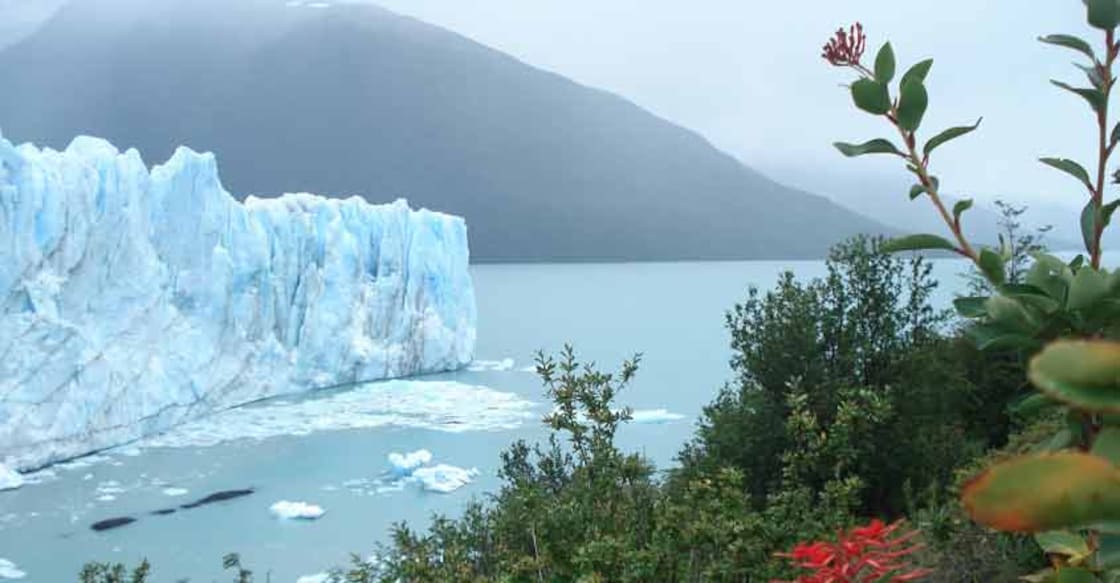Iceland glacier declared dead commemorated with plaque

Mail This Article
Reykjavik: Mourners will gather in Iceland on Sunday to commemorate the loss of the glacier Okjokull, which was officially declared dead in 2014 at the age of 700.
The glacier was officially declared dead when it was no longer thick enough to move. What once was glacier has been reduced to a small patch of ice atop a volcano, the BBC reported.
Prime Minister Katrin Jakobsdottir, Environment Minister Gudmundur Ingi Gudbrandsson and former Irish President Mary Robinson took part in a commemoration ceremony later in the day.
After opening remarks by Jakobsdottir at the ceremony, mourners will walk up the volcano northeast of the capital Reykjavik to lay a plaque which carries a letter to the future.
"Ok is the first Icelandic glacier to lose its status as glacier," it reads.
"In the next 200 years all our main glaciers are expected to follow the same path. This monument is to acknowledge that we know what is happening and what needs to be done.
"Only you know if we did it."
The dedication, written by Icelandic author Andri Snaer Magnason, ends with the date of the ceremony and the concentration of carbon dioxide in the air globally - 415 parts per million (ppm).
"This is a big symbolic moment," Magnason told the BBC on Saturday.
"Climate change doesn't have a beginning or end and I think the philosophy behind this plaque is to place this warning sign to remind ourselves that historical events are happening, and we should not normalise them. We should put our feet down and say, okay, this is gone, this is significant."
Oddur Sigurdsson, the glaciologist at the Icelandic Meteorological Office who pronounced Okjokull's death in 2014, has been taking photographs of the country's glaciers for the past 50 years, and noticed in 2003 that snow was melting before it could accumulate on Okjokull.
Glaciers have great cultural significance in Iceland and beyond.
Snaefellsjokull, a glacier-capped volcano in the west of the country, is where characters in Jules Verne's science fiction novel "Journey to the Centre of the Earth" found a passage to the core of the planet.
That glacier is now also receding.

